4 Ways to Relieve Allergic Rhinitis
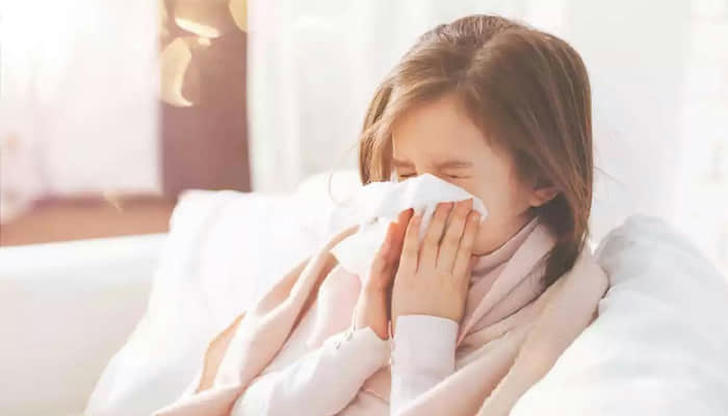
Allergic rhinitis is mainly due to changes in cold and heat, humidity, inhalation of allergens such as pollen, dust mites, or air pollution particles caused by an immune response. Symptoms of it include sneezing, runny nose, nasal congestion, itchy nose, eyes itching and so on. Most people may think mild nasal allergies do not require treatment, but in fact, allergic rhinitis and complications are very likely to affect the quality of life of patients and even cause follow-up problems. For example, nosebleeds, sinusitis, children's inability to concentrate and tooth decay, etc.
1. Avoid environmental allergens
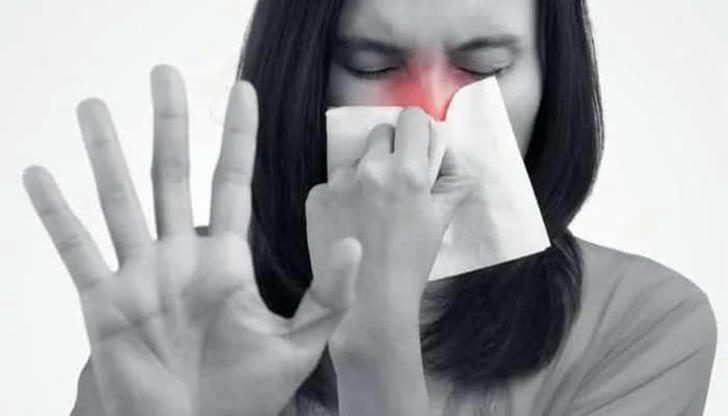
The first step in treating allergic rhinitis is to reduce exposure to allergens in the environment. We can divide allergens into the following four categories: ① Pollen: mostly trees and grasses in spring and summer; ragweed or tumbleweed in autumn ② Insects: dust mites, cockroaches or ladybugs, etc., their secretions, excrement or corpses may cause allergies ③ Animals: dander, hair or saliva, etc. ④ Mold
Common indoor allergens are dust mites or animal dander. You can use fabrics that cannot be penetrated by dust mites to cover sheets, quilts, pillows and other furniture that are prone to dust mites. Washing your bedding weekly in lukewarm water with detergent or using a hot dryer can also kill dust mites. Therefore, if the outside air is too poor, it is still recommended to close the doors and windows and turn on the air purifier indoors. From the above, it still needs to be combined with the prevention and treatment of environmental allergens and regular cleaning to achieve the effect of alleviating allergic rhinitis. It is also worth mentioning that the nasal cavity irrigation treatment, through isothermal isotonic and correct nasal washing method, can flush out the thick nasal mucus, bacteria, viruses and allergens in the nasal cavity to achieve the effect of reducing the amount, and can also improve the symptoms of nasal allergy.
2. Medical treatment
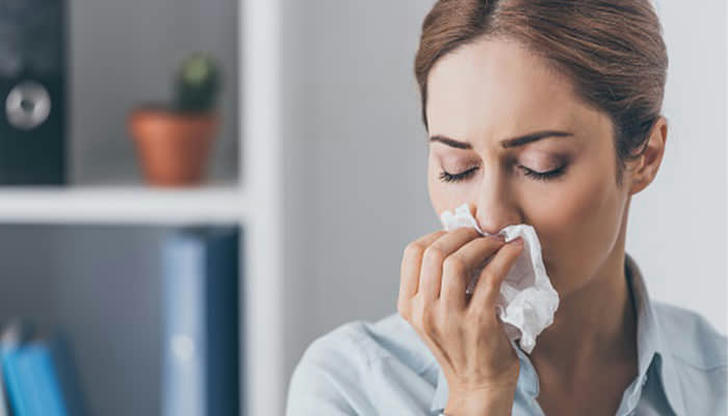
The first line of treatment for allergic rhinitis is an H1 antihistamine (oral or nasal spray) and a steroid nasal spray. Allergen-specific immunotherapy can be used as a second-line treatment if first-line treatment fails. Desensitization therapy requires repeated exposure to allergens to develop tolerance to the body and achieve the effect of slowing allergic rhinitis.
3. Enhance self-resistance
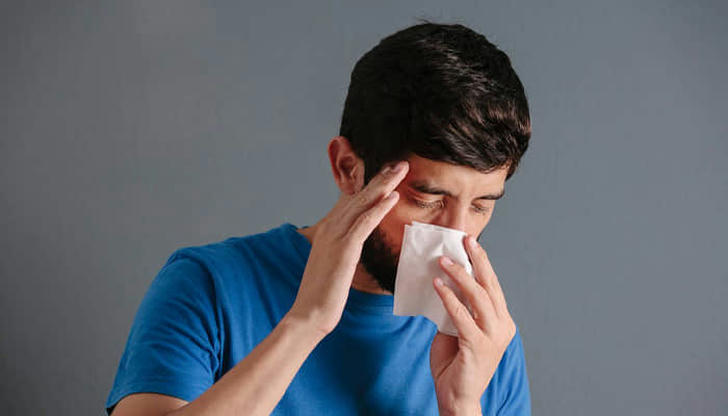
Allergic disease is a type of immune system disease. When the body's immunity is better, the inflammatory response can be reduced and rhinitis can be relieved. On the contrary, when the immune system is poor, rhinitis is more likely to occur. Therefore, it is usually necessary to pay attention to proper exercise, healthy diets, strengthening nutrition, and ensuring adequate sleep, which can also effectively relieve allergic rhinitis.
4. Supplemented with clinically studied probiotics
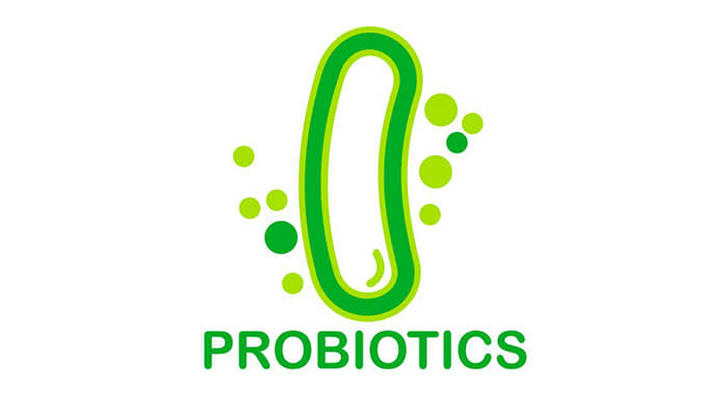
Probiotics can regulate the immune system through the gut, and when we consume adequate probiotics, they will be able to promote our health. Clinical studies have found that lactobacillus paracasei and lactobacillus fermentum have anti-allergic effects in animal and human experiments. At the same time, clinical studies also have found that compared with patients with allergic rhinitis treated with steroids alone, the combined use of steroids and probiotic supplements for 8 consecutive weeks can significantly improve the quality of life of patients.

